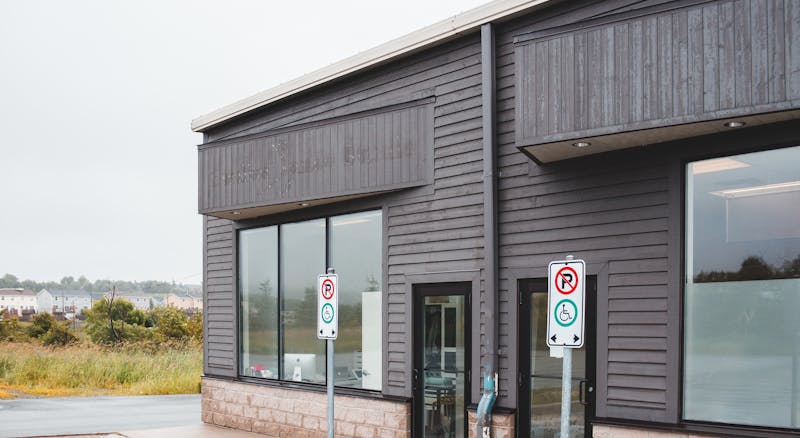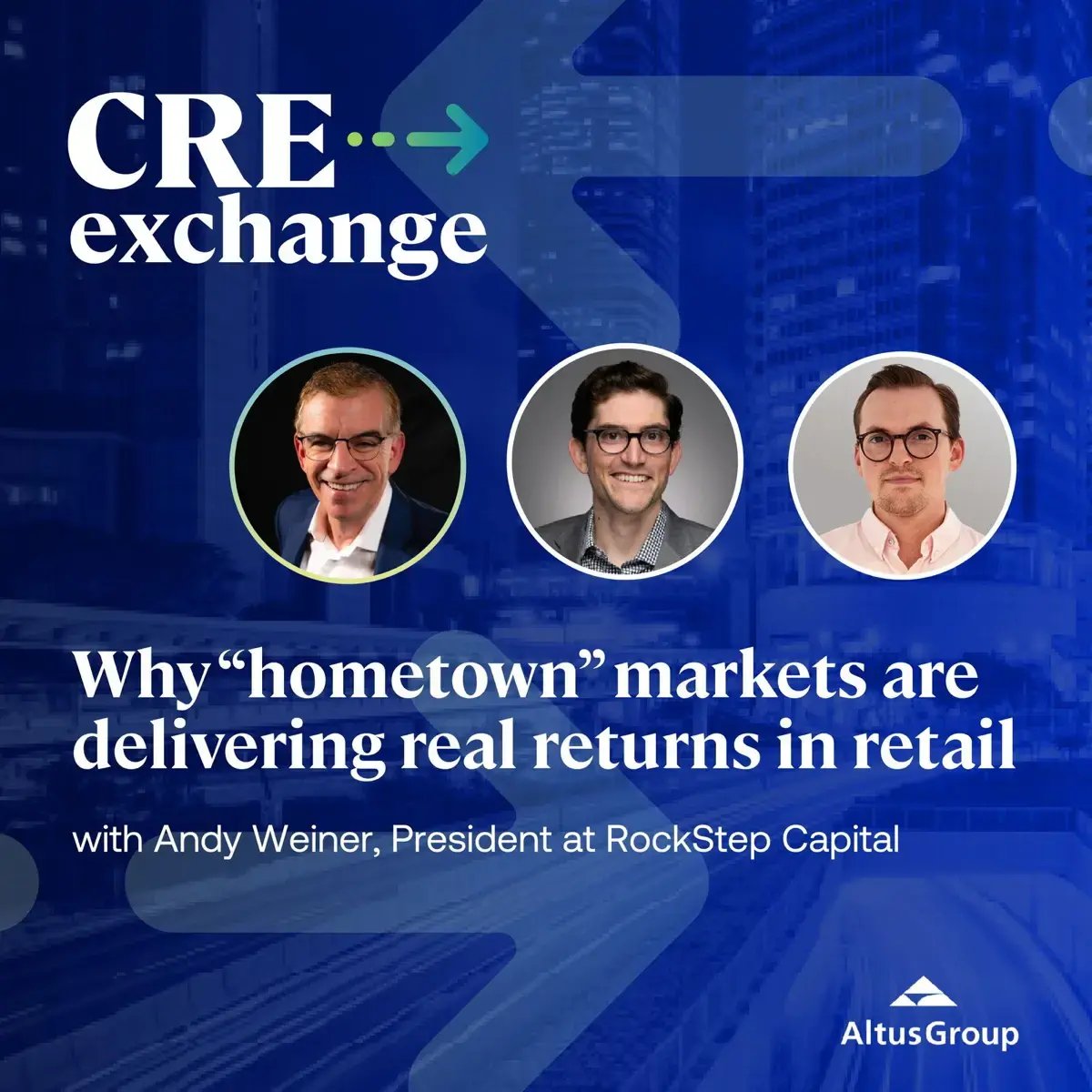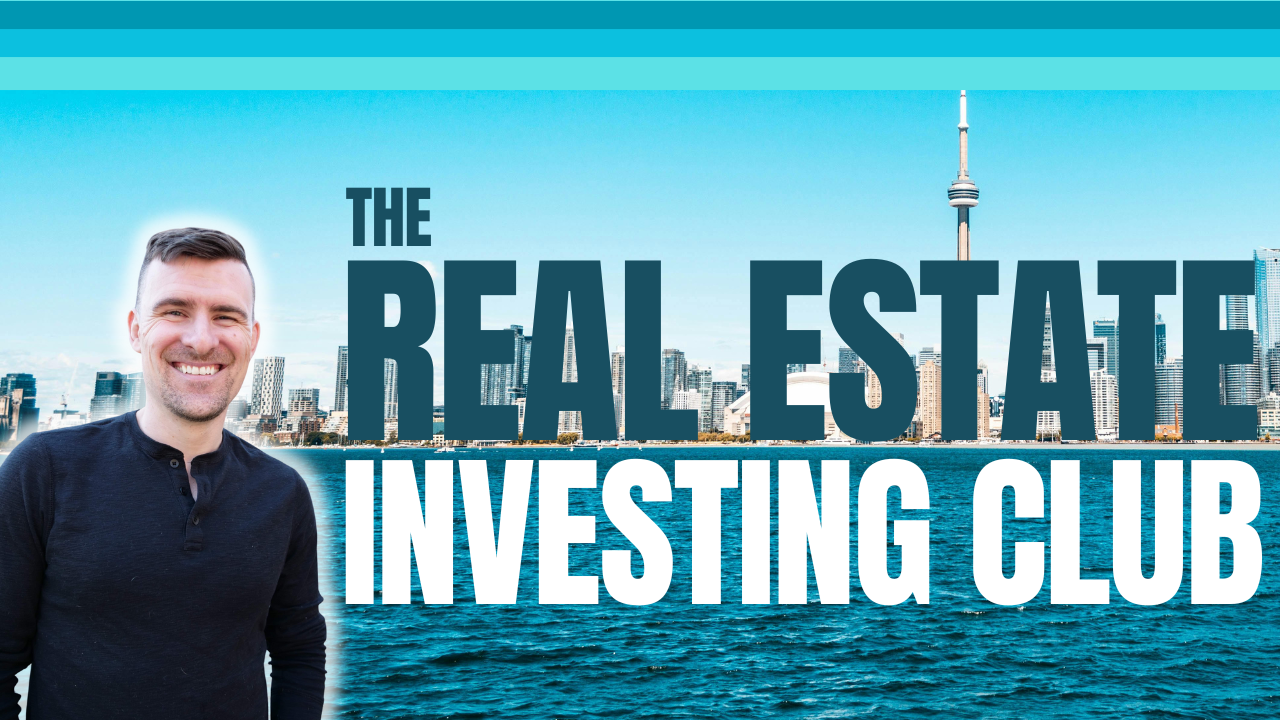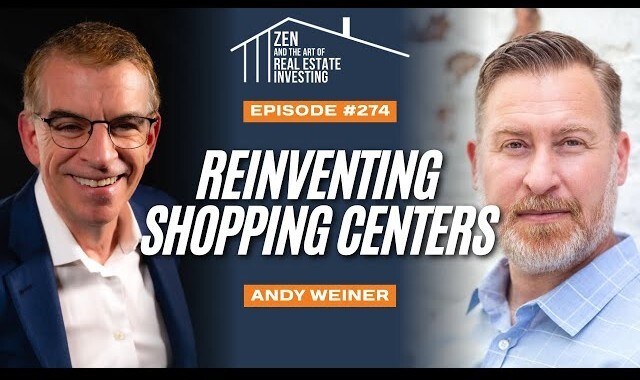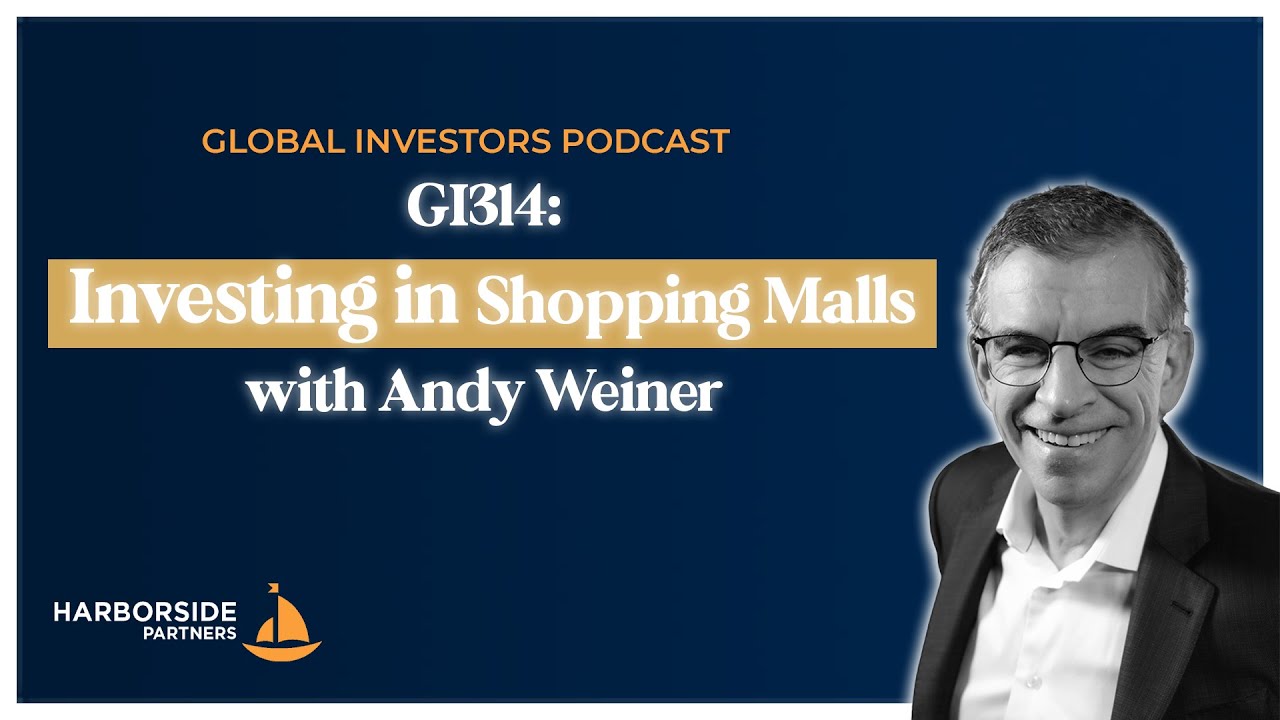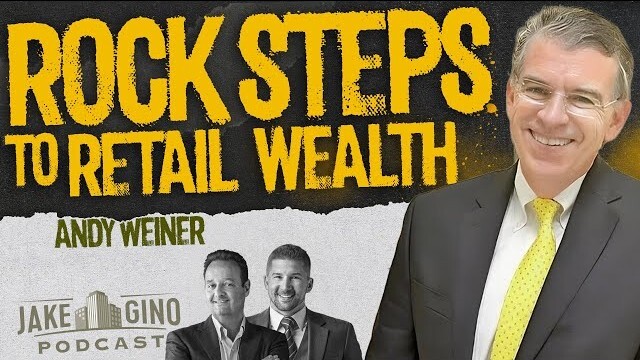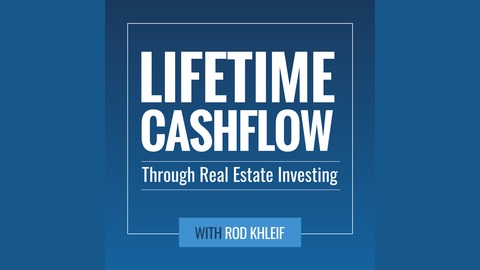The Vibrant Way To Turn Civic Connections Into Competitive Advantages
August 26th, 2025
4 min read
By Andy Weiner

Building relationships with civic and community leaders helps unlock advantages in real estate investing. Genuine engagement involves introducing yourself in person, listening to local needs, and aligning goals between investors and the community. Long-term credibility and value stem from consistently showing up, being truthful, and acting as a collaborative partner.
When we look at a property in a new market, especially in a HomeTown community, it is not just about the real estate. It is about who lives there, who is engaged, and who is trying to make things better. You cannot do this kind of work without building real relationships with the people who shape a town's direction.
And that starts with civic leaders.
This work is not about pushing an agenda. It is about showing up, listening, and figuring out how to be part of the solution in a way that works for both the community and our investors. It is not always easy, but if you do it right, it can be powerful.
What I Mean When I Say "Civic Leaders"
When I talk about civic leaders, I mean two kinds of people.
1. Government Leaders
On one side, there are individuals in official positions who hold titles and manage various processes. This group may include the mayor, the director of planning, and other city government officials such as the head of economic development, a city council member, or, typically, a city manager. Occasionally, you might have a very active mayor involved as well.
These folks are vital because they oversee zoning, incentives, infrastructure, and permitting, all the things that can speed up or stall a project.
2. Community Leaders
Then there are the others.
The people who do not have official roles but still have substantial influence. These are very interested citizens in the well-being and the welfare of the community. They could be business leaders. They could be involved in the arts, in the hospital district, the community college, other types of charity, and civic organizations. However, they invest their energy and capital in making the community better.
Sometimes they are the ones who rally support, shift public opinion, or inspire others to get behind a vision. If you overlook them, you miss the heartbeat of the community.
The HomeTown Difference
And in tertiary markets, the impact is magnified.
There is a HomeTown energy that you don't find in big cities. This energy stems from a collaboration between city officials and private individuals who share an interest in improving their community. And it is distinct. It is different than what you would find in the big metros.
In big metros, influence is diluted. There are too many players and too many agendas. In a hometown, you can usually name the handful of people driving things forward. And if you are smart, you will learn those names quickly.
Why Those Relationships Matter
If a shopping center is running fine, generating tax revenue, providing jobs, and keeping up with code, then it is usually not on the city’s radar. But when it is not, that is when the calls start coming.
If the asset is deteriorating or it has an owner that is substandard, then the leadership, primarily government leadership, has issues associated with deteriorating asset quality of life. That is when you either become part of the problem or part of the solution. And I have always believed that if you take the time to engage, you can help turn that energy into momentum.
Getting Started In A New Market
Step One: Introduce Yourself
It sounds simple, but it matters. The first thing you do is simply introduce yourself. Reach out via email or phone to set up a meeting. You have to take that effort. And sometimes you are successful, sometimes you are not. It’s really a process that requires perseverance and follow-through.
Step Two: Show Up In Person
You cannot stay behind a desk and expect to build credibility. At least once a month, I am on the road, visiting HomeTown communities that are particularly interesting to the RockStep team. On these trips, I always take the time to meet with several lenders and community leaders. There is no substitute for walking the ground and shaking hands.
Step Three: Build Multiple Touchpoints
And it is not just me. It is hard. And it is all about showing up. It is also about having other people in the organization connect with civic leaders. It has multiple points of contact. When different members of our team build relationships, it demonstrates that we are committed to the long term, not just parachuting in.
You Can't Fake Showing Up
In Temple, Texas, we are exploring the acquisition of a local shopping center. I recently toured the property in person, connecting with the various tenants and speaking with regional leaders. A local business owner, when talking about RockStep Capital, explained that the fact that we showed up in person set us apart from other developers from the get-go.
That story sticks with me because it captures something basic but often overlooked: presence matters. A lot of life, and a lot of business, is just showing up.
And when we do, we do it authentically. Being straightforward and authentic is part of our philosophy. Or as I like to say, “Being straight, real, and sometimes a little quirky.”
People can smell inauthenticity a mile away. But they also know when you are being straight with them. And that can make all the difference.
Real Talk About Money And Vision
Of course, showing up does not mean always saying yes. Some visions are just unrealistic.
For example, a city may desire a $300 million lifestyle center, complete with an attractive hardscape, a floor-level retail restaurant featuring a grid pattern, and multifamily housing on the second to seventh floors. However, if the town is in a market that cannot even support new real estate at half that cost, we must confront the reality.
That is when it is time to be honest. You either walk away or you say, “Look, the only way to make an improvement for this asset… is to fill a gap of funding.” And if that funding gap means we need a million, 10 million, or 20 million from the city to make it work, then that is when an open discussion becomes necessary.
At RockStep, I am always balancing two responsibilities. I have to wear two hats: considering what is right for the community and what is right for the investors. Usually they are aligned, but not always.
That tension is not something to hide. It is something to work through openly.
Scaling It Without Losing The Humanity
Can this type of engagement be scaled across dozens of markets? Absolutely. But not if you treat it like a checkbox.
Ultimately, you need to reach out to people. You should ask, “Who should I introduce myself to?” You need to take the initiative.
At RockStep, we do not refer to these places as “small towns.” We do not talk down. We do not assume we know better. Instead, we walk the property. We meet the banker. We sit down with the café owner. We engage with the community as if we are part of it, because that is our goal.
And that is the only way to do this work. Ultimately, it is not just about redeveloping a property. It is about being part of a story that is bigger than us.
What I Have Learned Along The Way
After years of doing this, I have found a few truths that guide me:
- Show up in person. Nothing replaces walking the property and sitting down face-to-face.
- Speak straight. Be real, even when the answer is no. People respect candor more than false promises.
- Listen hard. Communities know what they need, and they want you to appreciate that.
Balance both hats. The right outcome benefits the community and delivers value to investors.
Andy Weiner is the CEO and Founder of RockStep Capital, a Houston-based real estate investment firm focused on shopping center developments in secondary and tertiary markets. A Stanford and University of Texas graduate, he began his career in his family’s retail business. Since 1997, he has led the acquisition or development of over 9.7 million square feet of shopping centers across 11 states without capital calls or assets returned to lenders.
Topics:






